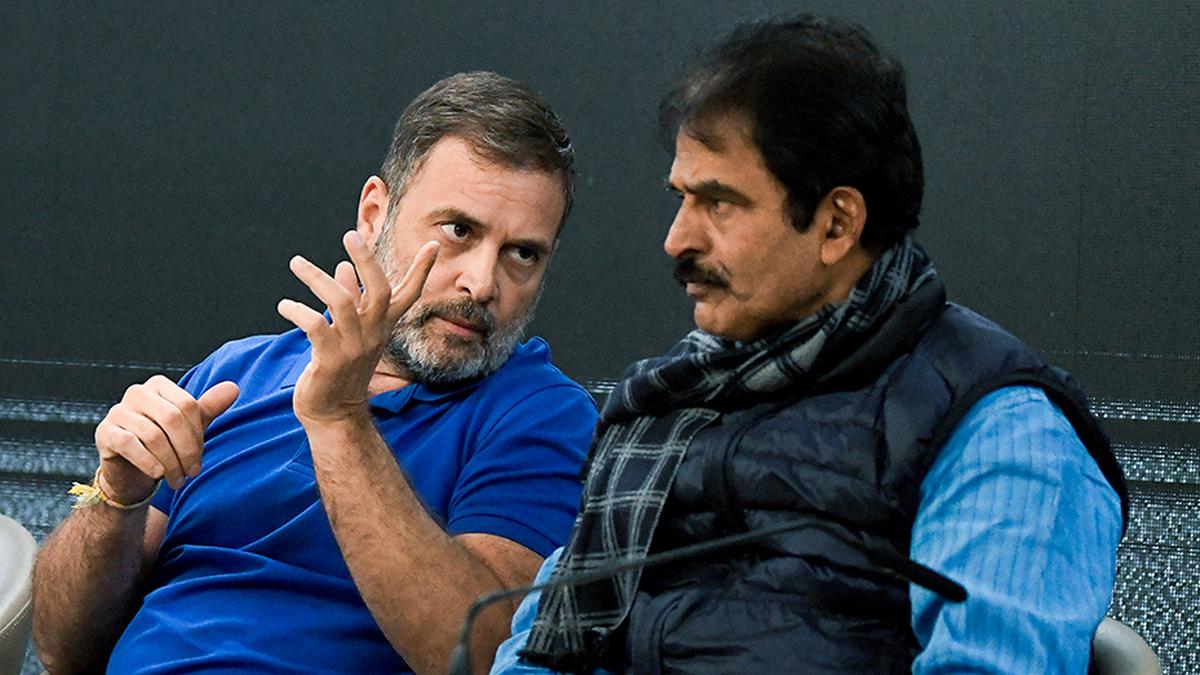The court listed the matter for July 17, 2024.
The AAP supremo filed a plea on Monday and said that the probe agency had failed to present any new material after June 4 to justify the investigation or arrest.
The AAP convener also challenged the June 26 order of the trial court which granted the CBI three-day remand.
Kejriwal was remanded to judicial custody until July 12 on allegations related to a liquor policy scam. Following the expiration of his three-day custodial interrogation, the CBI requested a further 14 days of judicial custody.
The CBI arrested Kejriwal on June 26 from Tihar jail, where he was already in judicial custody until July 3 for a related money-laundering case filed by the Enforcement Directorate (ED).
CBI had claimed before the trial court that the AAP chief did not cooperate with the investigation and deliberately gave evasive replies. The federal agency had also expressed apprehension that he might influence witnesses.
While sending Kejriwal to the CBI’s custody for three days on June 26, the trial court had refused to declare his arrest illegal, as sought by the defence counsel, saying that “the timing may be circumspect, but it is not the clear criterion for declaring an arrest illegal”. The trial court had said that while investigation was the prerogative of the probe agency, there were certain safeguards provided in law and the agency should not be “overzealous.”
The trial court granted Kejriwal bail in the money-laundering case on June 20. However, the high court upheld the trial court’s order.
The ED arrested the Delhi CM in March on charges of money laundering. These charges pertain to the generation and use of alleged tainted funds.
Till now, the Delhi CM has not been named as an accused in the corruption case but has been linked to the money laundering case. The ED’s argument was that money laundering was a standalone offence that did not depend on the existence of a predicate offence.






